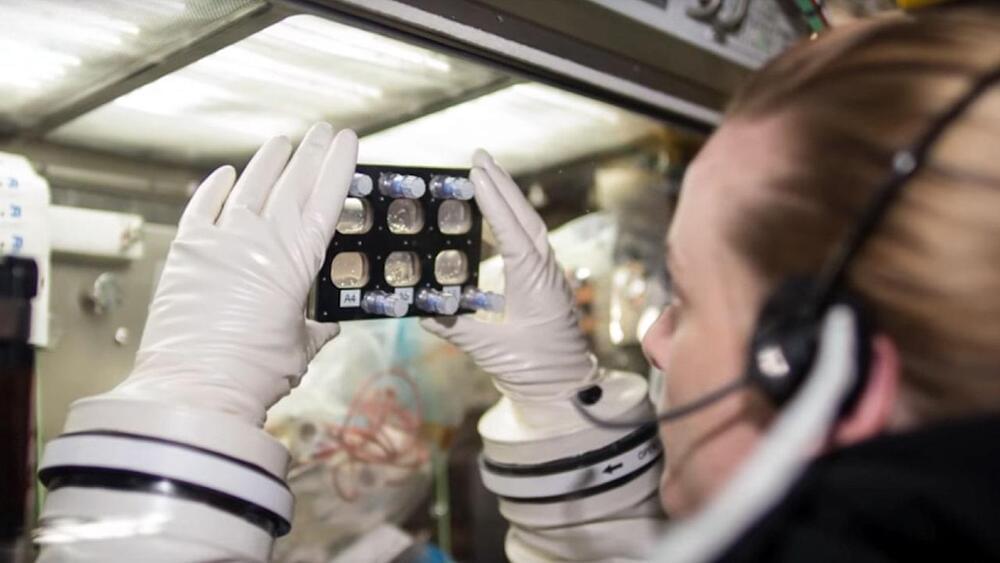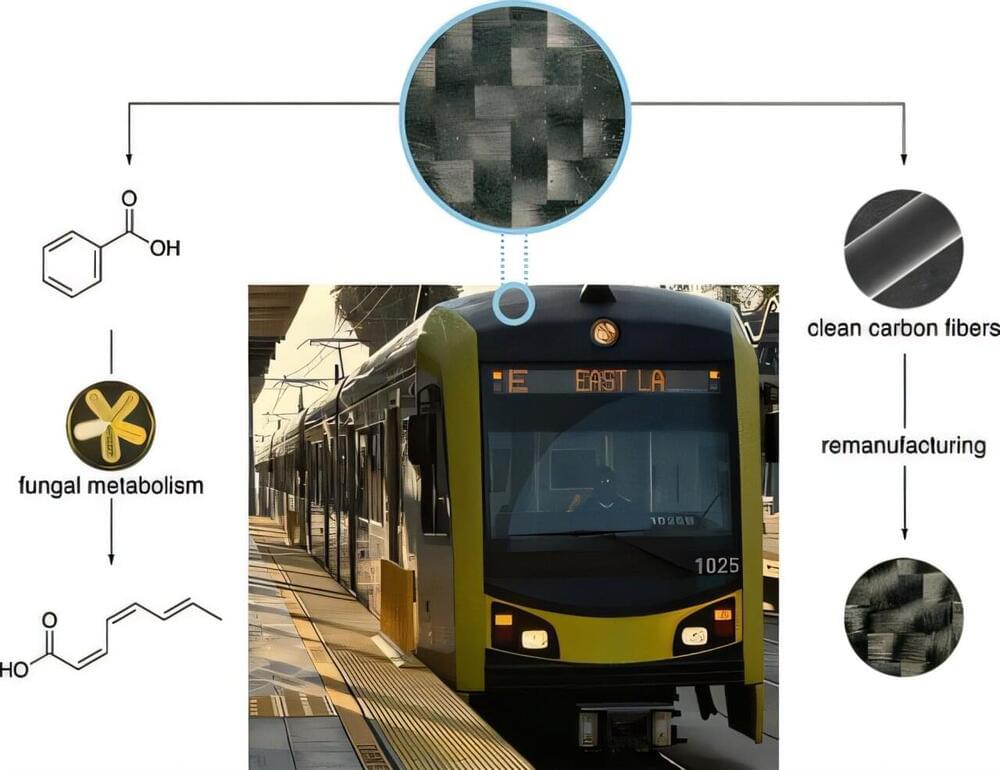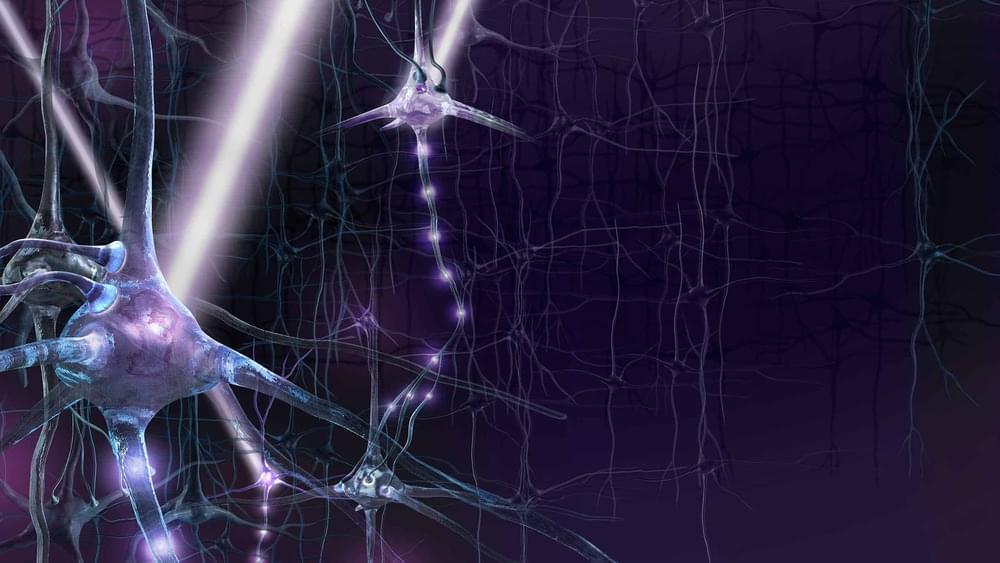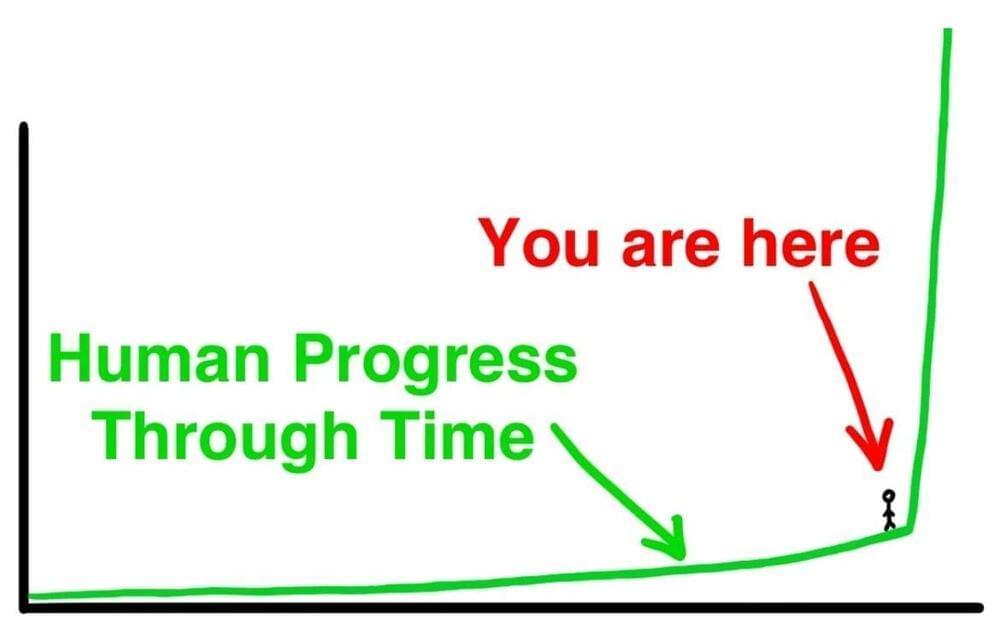Quantum computers are here. But could we ever build a quantum laptop?



Researchers at the Large Hadron Collider (LHC), the world’s largest particle accelerator, have recently made a groundbreaking advancement in exploring the laws of nature. They have observed the phenomenon of quantum entanglement between top quarks, the heaviest elementary particles, at unprecedented energy levels. This breakthrough paves the way for new possibilities in particle physics and could unveil new aspects of the fundamental forces that govern the universe.
Quantum Entanglement: A Counterintuitive Phenomenon
Quantum entanglement is one of the most enigmatic phenomena in quantum mechanics. It occurs when two or more particles become interconnected in such a way that the state of one particle instantly influences another, regardless of the distance separating them. This defies our everyday intuition and challenges some classical physics concepts, like causality.

Ever noticed how you catch a falling glass before it even registers that it’s slipping? That’s because your brain is constantly making predictions, keeping you one step ahead of reality.
As difficult as it may be to believe, our minds don’t just process what’s happening — they anticipate what’s about to happen next.
This intriguing concept comes from researchers Christian Keysers and Valeria Gazzola of the Netherlands Institute for Neuroscience, along with Giorgia Silani from the University of Vienna.


Dr. Abba Zubair, MD: “Our hope is to study these space-grown cells to improve treatment for age-related conditions such as stroke, dementia, neurodegenerative diseases and cancer.”
What can microgravity teach us about stem cell growth? This is what a recent study published in NPJ Microgravity hopes to address as a pair of researchers from the Mayo Clinic investigated past research regarding the growth properties of stem cells, specifically regeneration, differentiation, and cell proliferation in microgravity and whether the stem cells can maintain these properties after returning to Earth. This study holds the potential to help researchers better understand how stem cell growth in microgravity can be transitioned into medical applications, including tissue growth for disease modeling.
“The goal of almost all space flight in which stem cells are studied is to enhance growth of large amounts of safe and high-quality clinical-grade stem cells with minimal cell differentiation,” said Dr. Abba Zubair, MD, who is a faculty at the Mayo Clinic and the sole co-author on the study. “Our hope is to study these space-grown cells to improve treatment for age-related conditions such as stroke, dementia, neurodegenerative diseases and cancer.”
For the study, the researchers examined past research that launched stem cell cultures to the International Space Station (ISS) to have astronauts onboard evaluate the stem cells’ growth patterns and behavior under microgravity conditions. Dr. Zunair has launched stem cells to the ISS on three occasions and the various types of stem cells examined on the ISS in previous research include mesenchymal stem cells, hematopoietic stem cells, cardiovascular progenitor stem cells, and neural stem cells.



“Badass”. That was the word Harvard University neuroscientist Steve Ramirez used in a Tweet to describe research published online by fellow neuroscientist Ali Güler and colleagues in the journal Nature Neuroscience last March. Güler’s group, based at the University of Virginia in the US, reported having altered the behaviour of mice and other animals by using a magnetic field to remotely activate certain neurons in their brains. For Ramirez, the research was an exciting step forward in the emerging field of “magnetogenetics”, which aims to use genetic engineering to render specific regions of the brain sensitive to magnetism – in this case by joining proteins containing iron with others that control the flow of electric current through nerve-cell membranes.
By allowing neurons deep in the brain to be switched on and off quickly and accurately as well as non-invasively, Ramirez says that magnetogenetics could potentially be a boon for our basic understanding of behaviour and might also lead to new ways of treating anxiety and other psychological disorders. Indeed, biologist Kenneth Lohmann of the University of North Carolina in the US says that if the findings of Güler and co-workers are confirmed then magnetogenetics would constitute a “revolutionary new tool in neuroscience”
The word “if” here is important. In a paper posted on the arXiv preprint server in April last year and then published in a slightly revised form in the journal eLife last August, physicist-turned-neuroscientist Markus Meister of the California Institute of Technology laid out a series of what he describes as “back-of-the-envelope” calculations to check the physical basis for the claims made in the research. He did likewise for an earlier magnetogenetics paper published by another group in the US as well as for research by a group of scientists in China positing a solution to the decades-old problem of how animals use the Earth’s magnetic field to navigate – papers that were also published in Nature journals.

At least 10 people including a child have died in Indonesia following a series of powerful volcanic eruptions that destroyed homes and a Catholic convent, authorities said.
The eruptions, originating from Mount Lewotobi Laki Laki, hit the remote island of Flores on Monday, according the country’s National Disaster Management Agency.
They began around midnight, sending thick plumes of ash up to 6,500 feet into the atmosphere and depositing hot ash on several nearby villages.
